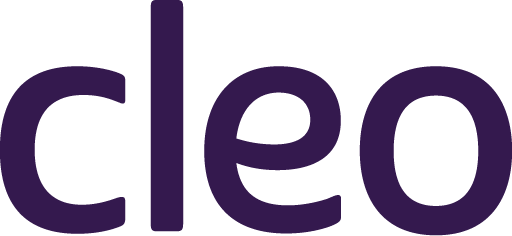With more than 75% of employees having experienced burnout at their current jobs, it’s beyond time to approach the issue with a comprehensive strategy that centers an employee’s total well-being. But how, exactly, should business leaders do that?
Jamil Jaffer, a Partner and national strategy leader at Mercer, and Rupa Patel, VP, Growth Strategy at Cleo came together in a webinar to discuss just that.
In a “meeting of the benefit minds,” Cleo and Mercer reminded employers and consultants of the ever-changing needs of employees, and the importance of adapting benefits strategies accordingly to meet these evolving demands.
Here’s a recap of some key points discussed. You can view the full webinar discussion below.
1. Employers must prioritize employee mental health and support:
- The webinar began by highlighting the significance of mental health as a top priority for employees, closely followed by the need for caregiver and parental support.
- It was emphasized that understanding employees’ diverse identities and circumstances is crucial in tailoring support systems effectively.
2. A shift towards whole-person care is essential:
- Traditionally, employer strategies often centered around cost containment. However, the discussion underscored the evolution towards embracing whole-person care, considering employees beyond their roles at work.
- Long-term strategies now encompass aspects such as family support, acknowledging the impact of personal responsibilities on employees’ well-being and performance.
3. Recognize the realities of burnout:
- Burnout emerged as a significant concern affecting employees across various life stages and responsibilities.
- The conversation stressed the importance of measuring not only the level of burnout but also the risk factors associated with it. Empathetic understanding and support from employers were deemed essential in addressing burnout effectively.
4. Balance thinking about ROI with VOI:
- While return on investment (ROI) remains crucial, the webinar emphasized the equal importance of value of investment (VOI) in benefits strategies.
- Recognizing the multifaceted benefits beyond immediate financial gains, such as improved employee morale and retention, was highlighted as integral to crafting effective strategies.
“Cost isn’t just about spend. It’s about turnover rate, absenteeism, and the impact on employees’ ability to work at full capacity. We have to think about the way that people identify themselves and what support is needed based on the dynamics they might be experiencing.”
Rupa Patel, VP, Growth Strategy at Cleo
